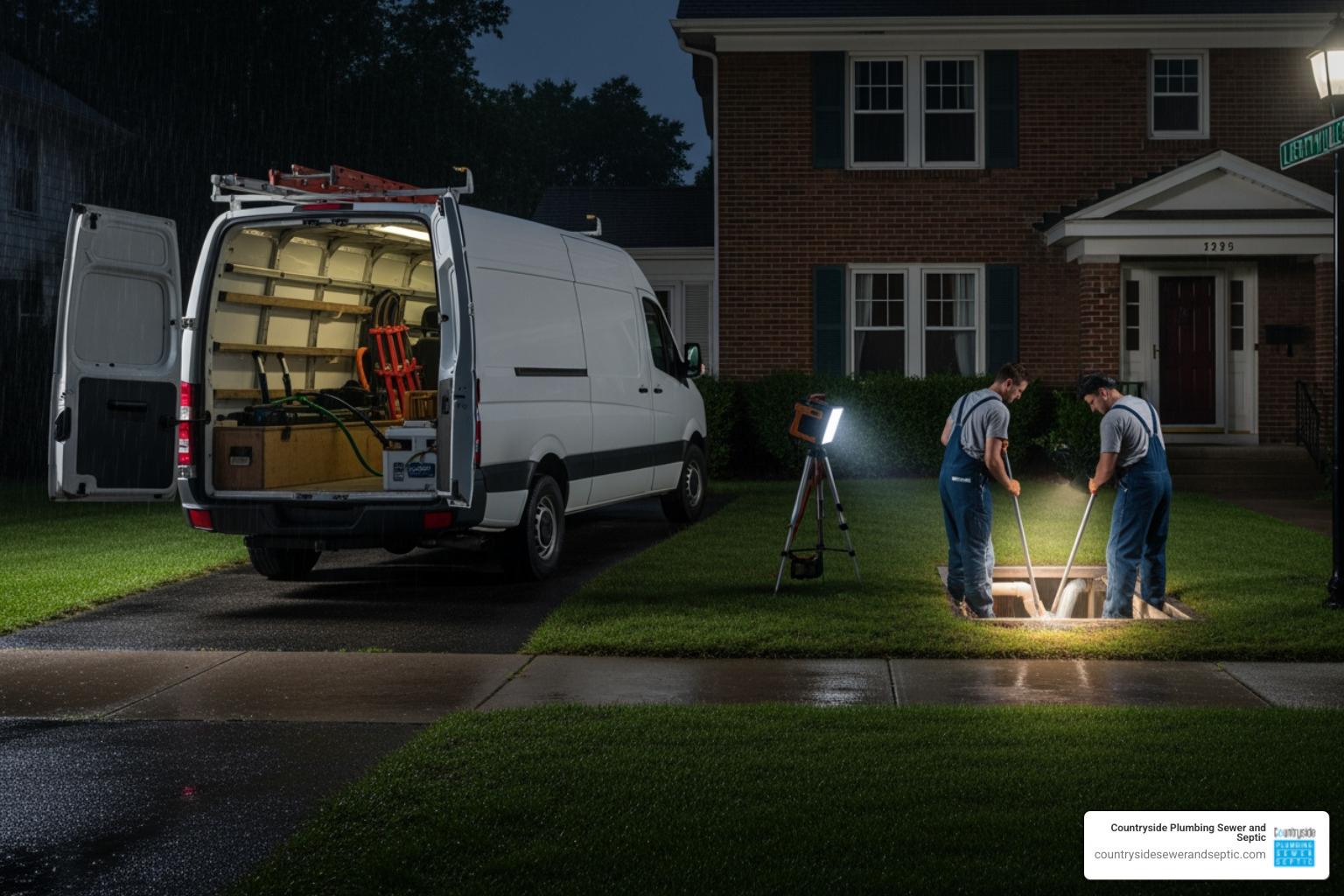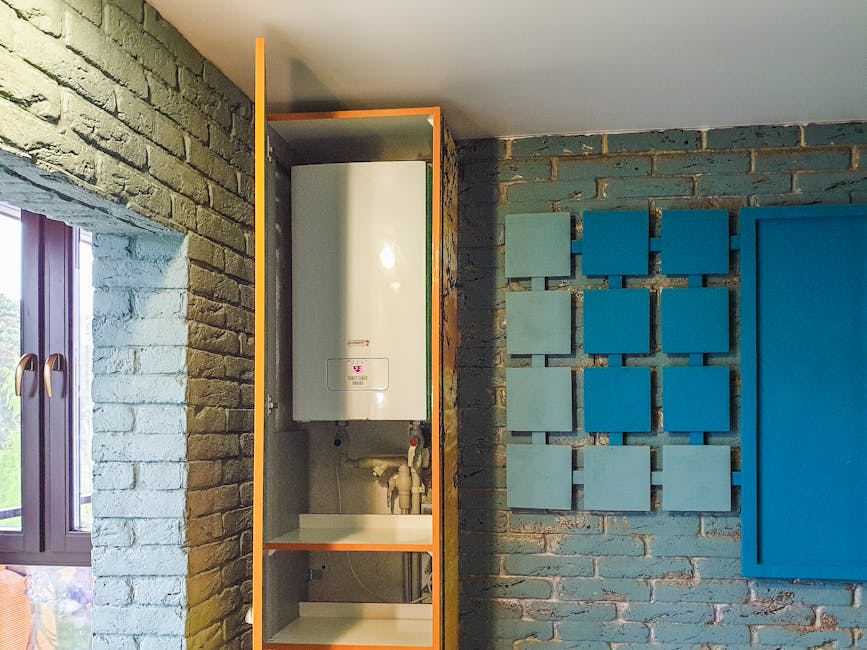As a homeowner with an on-site septic system, when you have a situation, you may be unsure who to call (the plumbers or a septic professional). It is never easy to self-diagnose a septic problem, especially for untrained eyes. Clogs and backed-up toilets are common home problems, but they get out of hand sometimes and require expert knowledge to sort through. Even then, figuring out who to call can be a hassle
This article contains a quick and easy guide to identifying these problems. Understanding how your septic system works and asking these questions are practical measures to prevent a double expense while fixing the issue.
How many fixtures are backing up?
If one fixture, your kitchen sink, is the only thing backing up, it is ideal to call your plumber to get the issue checked.
More than one fixture going wrong usually indicates that something more significant than a plumbing issue is at play.
Are your drains slow?
Take note of how fast water is draining. Slow drains can be a mere plumbing issue, but they are sometimes precursors to heavier problems. If you have tried to use a plunger and it is still not working, the next step should be to call a plumber. A good plumber will be able to tell you if an intensive drain will solve your problem.
Where are the fixtures backing up located?
If the fixtures that are backing up are on ground level, close to your basement, or near your septic system, it is most likely an issue to be fixed by a septic professional
What do your pipes sound like?
A gurgling sound from your pipes is a strong indicator of a sewer or septic problem.
Have you been less than careful with your plumbing system?
Flushing paper towels are a common cause of backups as they create a clog over time. Checking your septic cleanout pipe may help identify if a plumbing problem has escalated to a bigger issue.
Take a survey of your home
Septic problems come with telltale signs that may be easily confused as something else. If there is a sewage smell or a part of your lawn near your septic sight is soggy, you may have a septic backup on your hands. Other signs include mold growth on walls or fallen concrete slabs.
Maintenance Tips for Septic Systems
Septic problems are usually preventable when you practice proper maintenance for your septic system. Here are some helpful tips for this;
- Monitor all items that you send down through your drain pipes. Materials such as oil, sanitary towels, wipes should be disposed of properly and not through your plumbing system
- Septic tanks require pumping every three to five years. It is best to request a septic service to carry this out when due
- A septic professional is better suited to meeting your cleaning needs. Using harsh chemicals to self-service may corrode your pipes and cause bigger problems. Trying to perform a cleanout by yourself may cause sewage to spill, and that would be unpleasant
If you are experiencing a backup or you need a septic tank repair/sewer inspection in Illinois, reach out to us at Countryside Plumbing, Sewer, and Septic. We offer five-star rated service and are fully licensed in Illinois. Contact us today.
Flexible Financing Options
Get the service you need now pay over time with easy, affordable financing plans.

Blogs


Libertyville's Lifesavers: Your Go-To Guide for Emergency Plumbing


